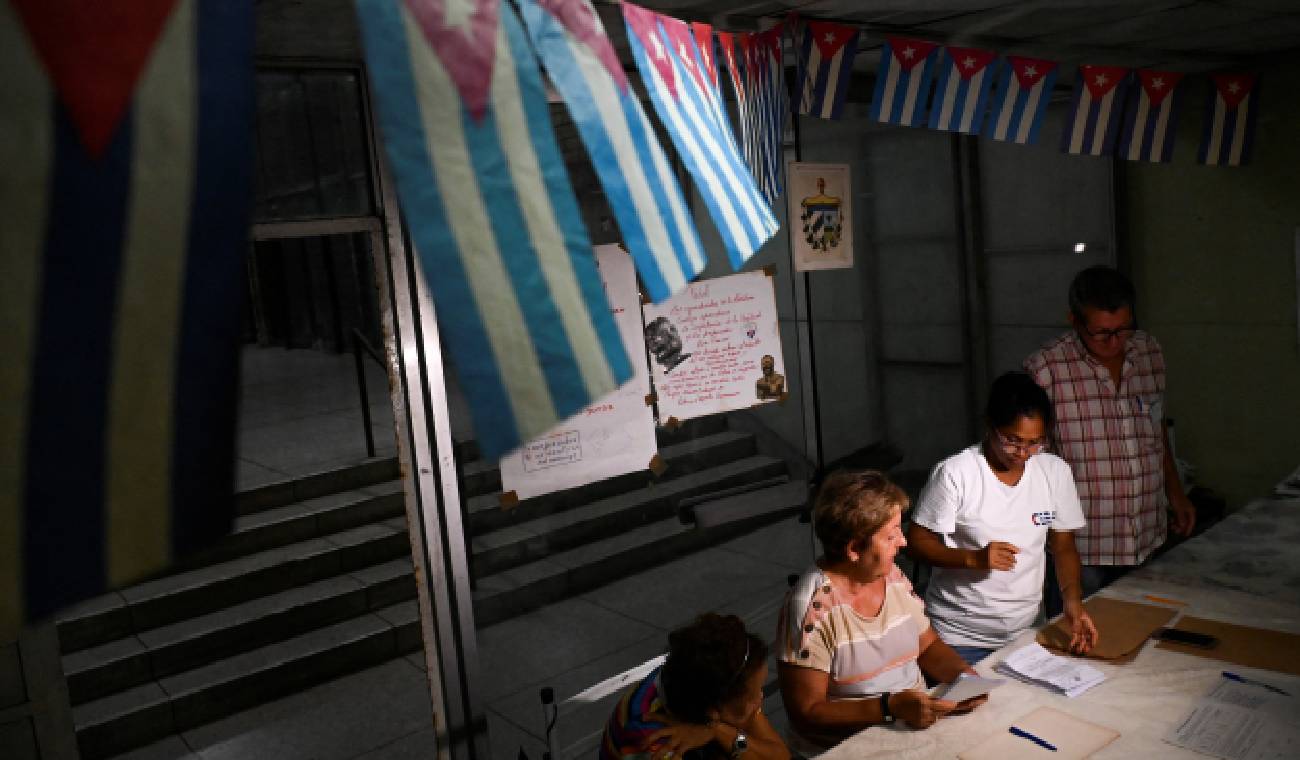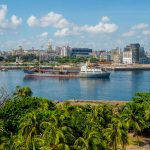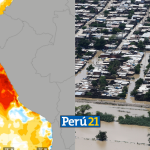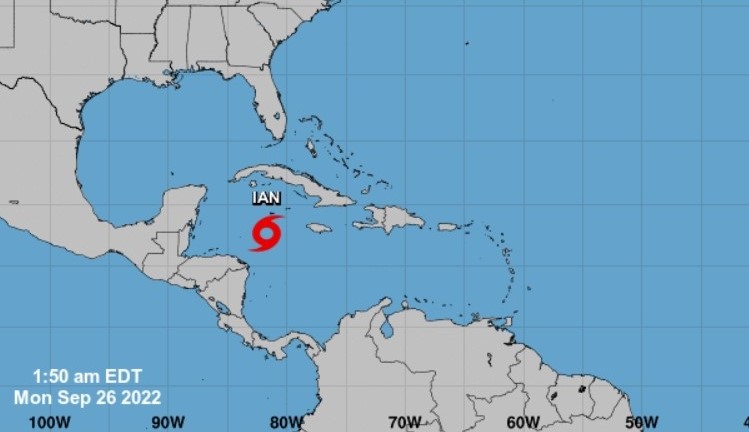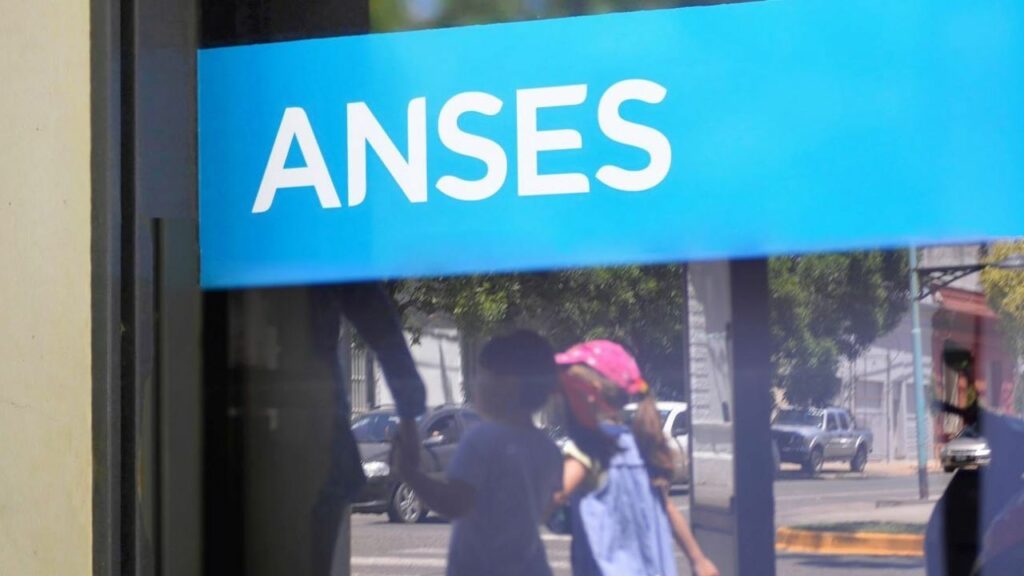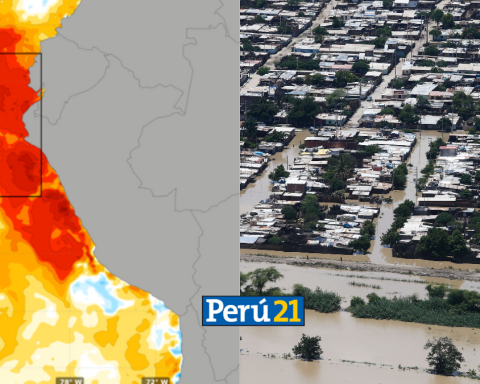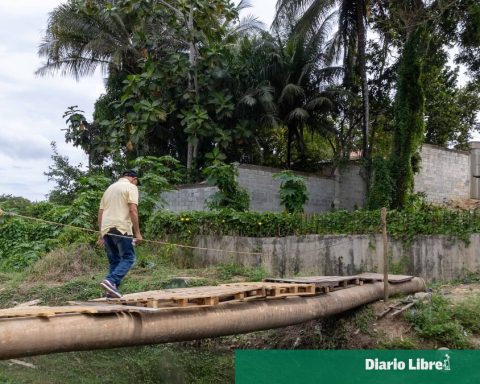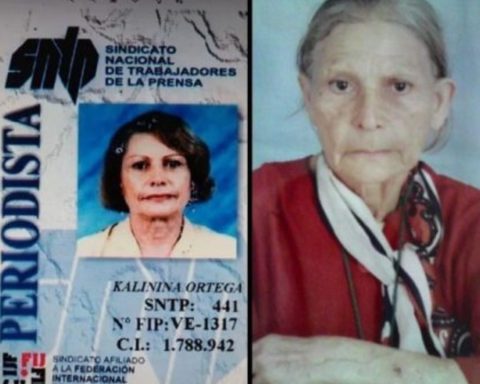Cuba closed on Sunday the polling stations for the referendum on the Family Codean advanced legislation that includes same-sex marriage and surrogacy, which was the subject of an intense campaign in favor of the Yes by the government.
“This is a very humane, totally inclusive code,” former Marxism professor Elio Gómez, 78, told AFP in a polling place in Old Havana, saying he would never have voted in favor before.
Polls were scheduled to close at 6:00 p.m. local time (10:00 p.m. GMT), but Hours have been extended to 7:00 p.m.0 (23H00 GMT) in the capital, in six provinces and in another two partially due to the rains caused by tropical storm Ian.
President Miguel Diaz-Canelwho went to vote with his wife, Lis Cuesta, in a polling place in the capital, referred to the code as “a fair, necessary, up-to-date, modern norm and that gives rights and guarantees to all people, to all the diversities of families, of people, of creed”.
But he also warned about the vote against the text. “We have to get used to the fact that in such complex issuess, where there is a diversity of criteria”, when a difficult economic situation prevails, “there may also be (…) a vote of punishment”.
Also read: EU urges ‘immediate’ end to violent crackdown on protests in Iran
In a blue shirt with a Cuban flag embroidered on the chest, the president deposited the ballot in a ballot box guarded by two childrenyes “He voted,” said the minors in unison in front of the president, a common practice in Cuba with each voter.
Also the former president Raúl Castro cast his vote dressed in a khaki military shirt.
Until 2:00 p.m., 54.82% of the electoral roll had voted, according to the last closing of the National Electoral Council (CEN), which will give the results on Monday.
“PCC who is voting Yes with us”
The new law, which if approved will replace the one in force since 1975, defines marriage as the union “between two people”opening the door to same-sex marriage and adoption for same-sex couples.
It will also allow the legal recognition of several fathers and mothers, in addition to the biological ones, as well as non-profit surrogacy, while adding other rights that favor children, the elderly and the disabled.
“Do you agree with the Family Code?“, was the only question on the ballot, with options of Yes and No.
Of interest: Iranian government mobilizes across the country against protests
The issue is sensitive in a society still marked by machismo which was exacerbated in the 1960s and 1970s, when the government ostracized many homosexuals or sent them to militarized farm labor camps.
“We are not voting Yes with the PCC (Cuban Communist Party)). It is the PCC who is voting Yes with us,” insisted Maykel González, a gay activist, in a prominent tweet and showed his ballot marked Yes.
The new code has been the subject of an intense government media campaign.
“A very human code”
In Latin America, same-sex marriage is legal in Argentina, Uruguay, Brazil, Colombia, Ecuador, Costa Rica, Chile and in several Mexican states. While the surrogacy is legal in two states of Mexico.
The government tried to introduce same-sex marriage in the Constitution of 2019, but backed down in the face of strong criticism from the Catholic and Evangelical churches.
The conference of bishops of Cuba returned to the fray this month by opposing several points in a statementsuch as gay adoption and assisted pregnancy.
Check here: More than 680 arrested in a new day of protests in Russia against Putin
A consultation between February and April in 79,000 meetings, neighborhood by neighborhood, led to a modification of almost half of the text, but its wide spectrum (more than 500 articles) fuels doubts among some who agree, for example, with marriages egalitarian, but not with adopting.
“It has gone out of hand”
It is the first time that Cubans have validated a law in a referendum, and obtaining more than 50% of the votes in favor will enter into force once the final result is known.
In a context of deep economic crisis, a migratory exodus and more than a year after the historic demonstrations of July 11, 2021, many citizens considered abstaining from voting as a sign of protest.
“I think I was one of the first to say no. There is no food here, toiletries, we are surviving, and with tremendous blackouts, I see no reason to say Yes“, said José Antonio Callejas, 47, leaving a booth in Old Havana.
For the Cuban political scientist Rafael Hernández, it is “the most important piece of legislation in terms of human rights”, after the great changes at the beginning of the 1959 revolution.
For the first time there are groups claiming that the government “has gone overboard” by over-fulfilling what was promised, says Hernández.
